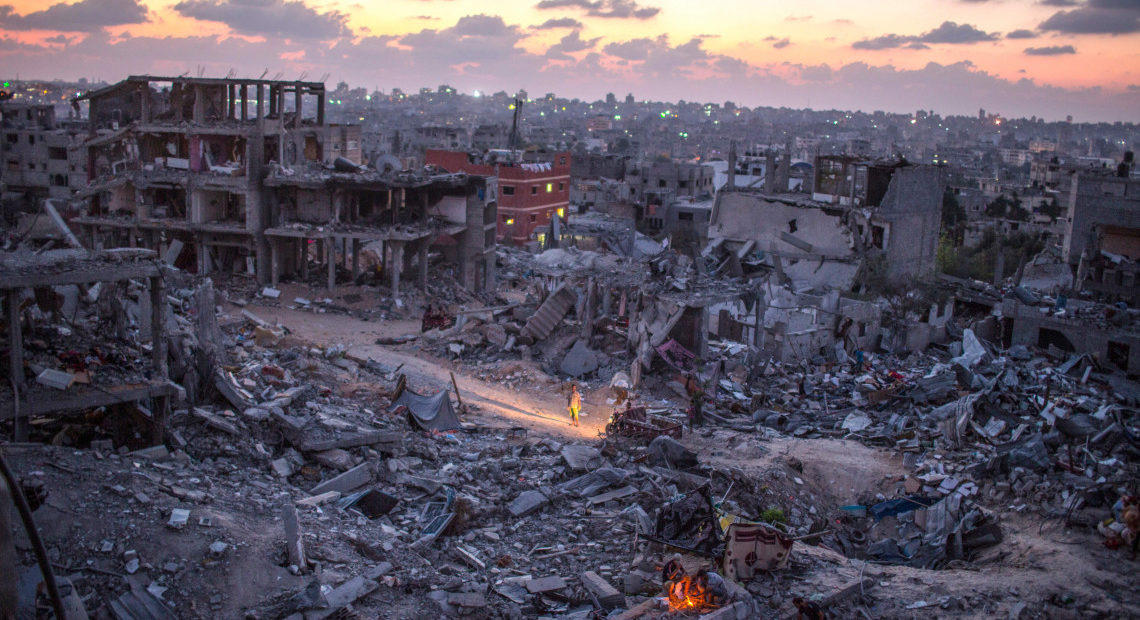The average time that the ICRC has been present in its ten largest operations is 42 years. With these seemingly endless wars come layers of humanitarian consequences, including the cumulative effects of hostilities on infrastructure and healthcare systems, prolonged displacement, increased barriers to accessing essential services, and interruptions to education. The duration of humanitarian operations in protracted conflict settings has caused organizations like the ICRC to re-think their way of working.
In light of the humanitarian imperative to respond to the needs of people affected, the International Review of the Red Cross recently dedicated an edition to protracted conflict. In this podcast, Intercross host Elizabeth Rushing speaks with ICRC’s Policy Advisor Filipa Schmitz Guinote and ICRC’s Special Envoy on Humanitarian and Development Affairs Colin Bruce about the stress points and blind spots of the so-called ‘humanitarian-development divide’ in protracted conflict settings.

